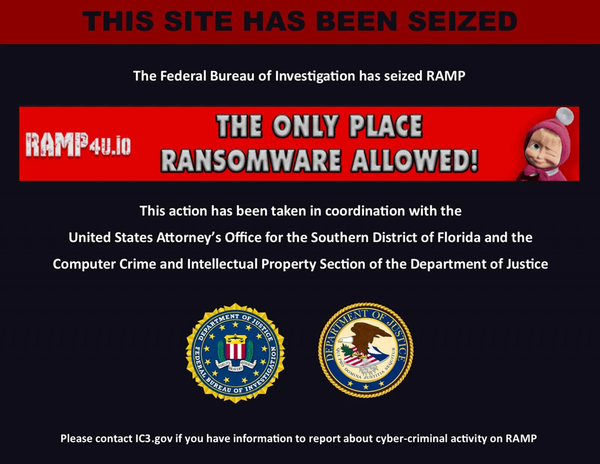Harrods becomes the third top UK retailer to fend off a cyberattack
Nefilim attacker charged & extradited to US, Hacker pleads guilty to Disney Slack data theft, WI man lands 3.75-year sentence for swatting spree, Apple sent new round of spyware notices, Raytheon and Nightwing Group fined for bad cyber, Kraken toys with fake DPRK job applicant, much more





